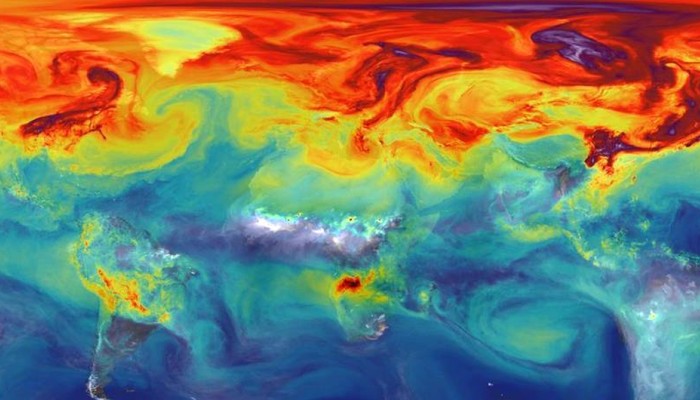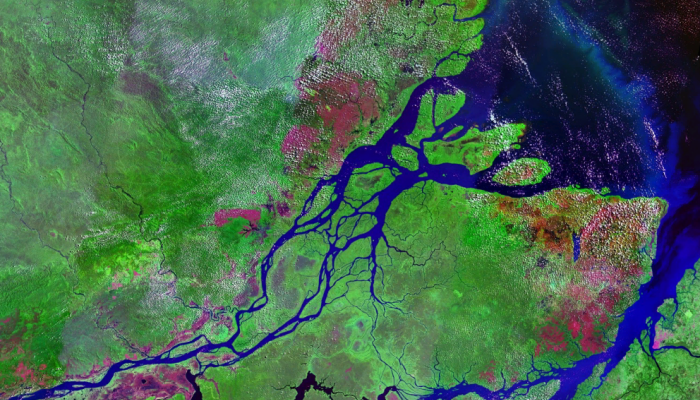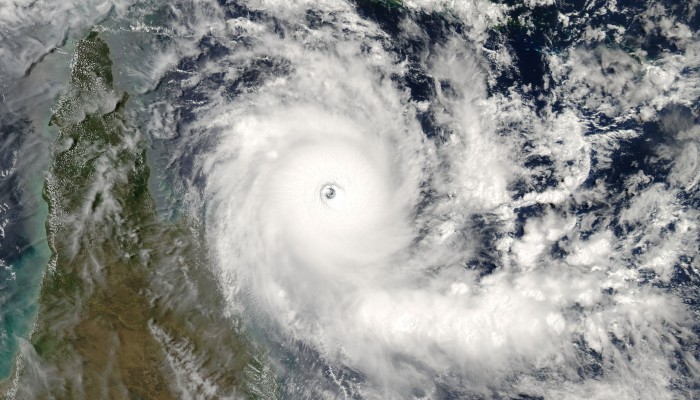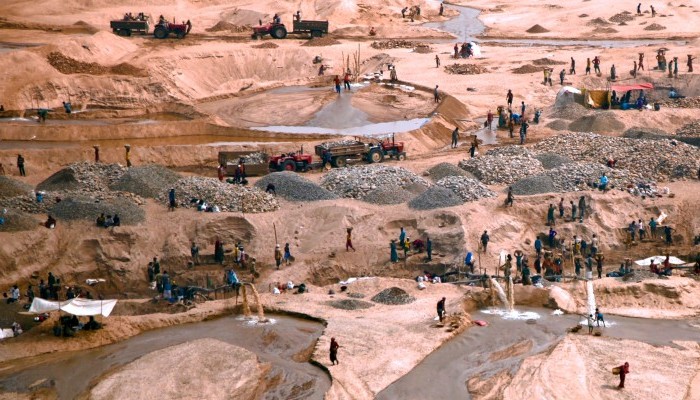
Biodiversity
The Earth's biological resources are vital to humanity's economic and social development. As a result, there is a growing recognition that biological diversity is a global asset of tremendous value to present and future generations. At the same time, the threat to species and ecosystems has never been so great as it is today. Species extinction caused by human activities continues at an alarming rate, making it one of the thematic focus of GRID-Geneva activities.










